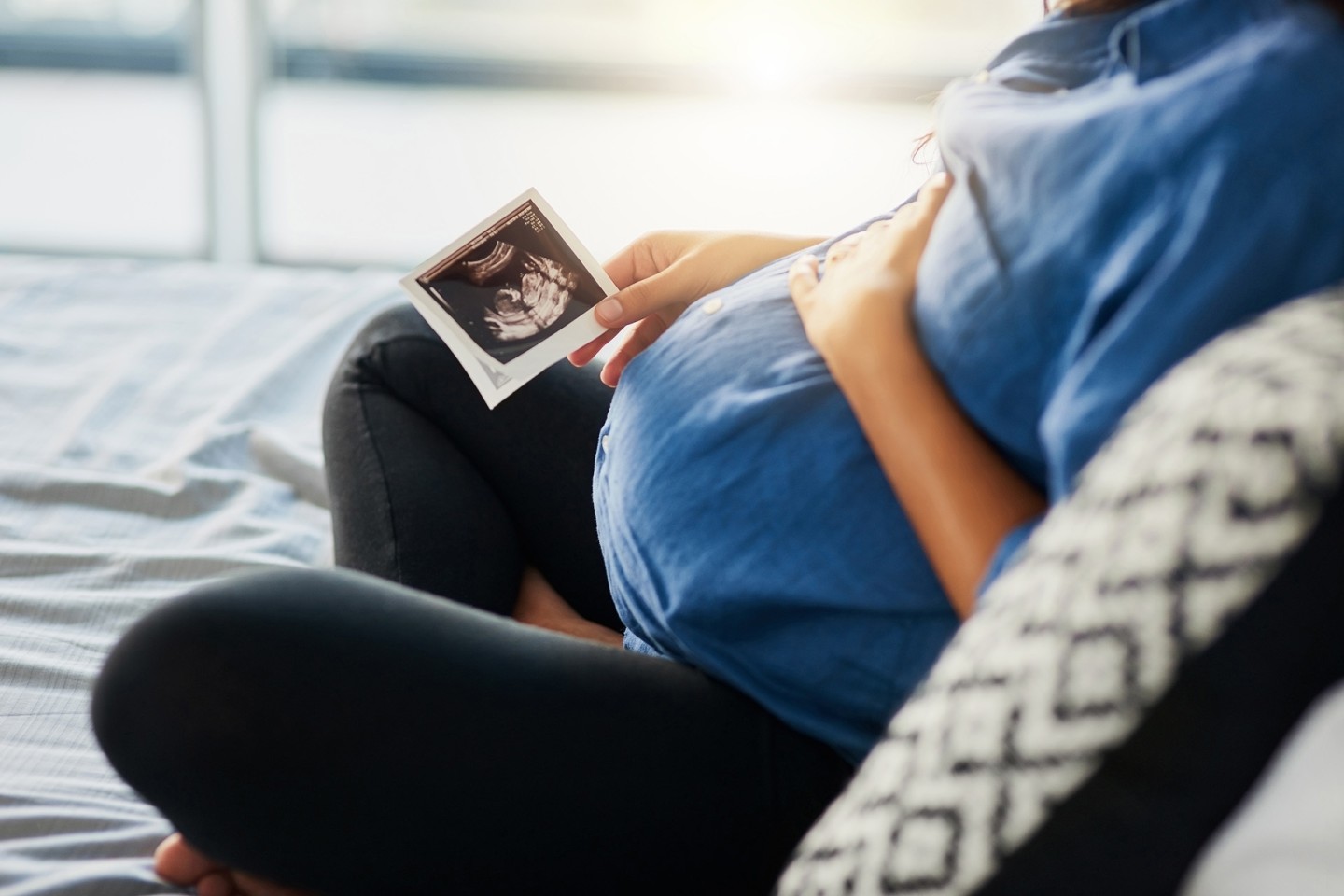Can a Yeast Infection in Pregnancy Affect My Baby?
Don’t worry, vaginal yeast infections don’t pose any harm to your developing baby. However, they’re never pleasant and add discomfort in what can already be a challenging time. In addition, if you have a yeast infection in your final term of pregnancy, there is a small chance you could pass the infection on to your baby during delivery.
Unfortunately, you’re more likely to get a yeast infection while pregnant than at any other time in your life, and they’re most common in the second trimester.
Vaginal yeast infections
Yeast infections can happen if a naturally occurring yeast or fungus within the vagina multiplies out of control. The vagina naturally contains a huge number and variety of microorganisms, including yeasts and bacteria – this is perfectly healthy, so long as the balance is maintained.
Vaginal yeast infections often cause severe vaginal itching and irritation, making them very unpleasant indeed.
Why are yeast infections so common during pregnancy?
The hormonal changes within your body mean that you are likely to be more prone to yeast infections during pregnancy. As your baby develops, your body goes through a huge number of changes, including increased estrogen levels and chemical fluctuations within the vagina which can disrupt the balance of microorganisms.
How to avoid yeast infections during pregnancy
Though yeast infections are common for pregnant people, there are things you can do to reduce the likelihood of developing one.
- Wear loose clothing made from breathable materials.
- After swimming or exercise, change your clothing as quickly as possible – ideally, take a shower.
- Use a gentle, fragrance-free feminine cleanser to thoroughly wash the area around your vagina.
- Include yogurt with live cultures or an FDA-approved probiotic supplement in your diet.
Unfortunately, no matter how careful you are and how many measures you take to avoid them, you may still develop a yeast infection, especially during pregnancy. Luckily, they are usually very easy to treat.


Do you have a yeast infection?
Answer a few questions and find out what your symptoms mean.
What can I do if I develop a yeast infection while pregnant?
Be aware of the symptoms. If you notice changes in your vaginal discharge like a thicker consistency or increase in volume – this is often the first sign that you have a yeast infection. You may find the lips of your vagina feel itchy, irritated or sore, and/or you may experience a burning sensation when urinating or having sex.
If you have experienced yeast infections before, you’ll probably be all too aware of the symptoms – if you are unsure you can use our Symptom Checker to help. However, while pregnant, you should always talk to a healthcare professional about your symptoms and seek their advice on treatment.
Is it safe to treat a yeast infection during pregnancy?
It can be perfectly safe to treat a yeast infection during pregnancy, so long as you check with your doctor or other healthcare professional and go about it the right way. While having a yeast infection doesn’t pose any threat to your developing baby, if you have a yeast infection at delivery, your baby could end up with a yeast infection in their mouth (thrush), eyes, fingernails, or skin folds (in the neck, armpits or genital area). So, it’s very important to treat the infection correctly to protect the baby’s health as well as yours.
In 2016, the FDA issued a warning about the use of oral antifungal medications that contain fluconazole (including popular treatment Diflucan®) during pregnancy. Your doctor or OBGYN will be able to advise you further if you are concerned.
Most 7-day topical yeast infection treatments, which are the only treatments recommended for pregnant women by the Centers for Disease Control and Prevention (CDC), are perfectly safe to use during pregnancy. These creams or ointments are just the thing to get yeast infections under control quickly. In fact, some can relieve your symptoms much faster than the leading pill option. In the meantime, a good itch relief cream can instantly alleviate the irritation while you wait for the infection to clear.
If you are pregnant and experiencing unusual discharge or vaginal itching, be sure to speak to your doctor, OBGYN, or other healthcare professional to discuss your exact symptoms and the best course of treatment.
